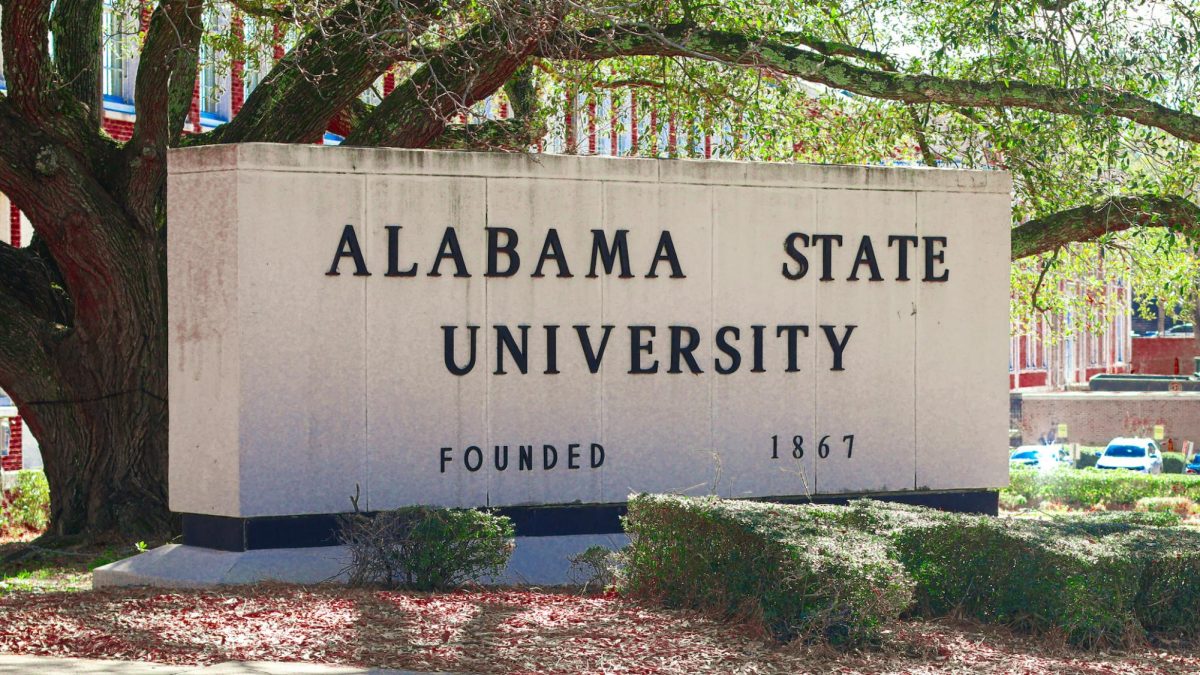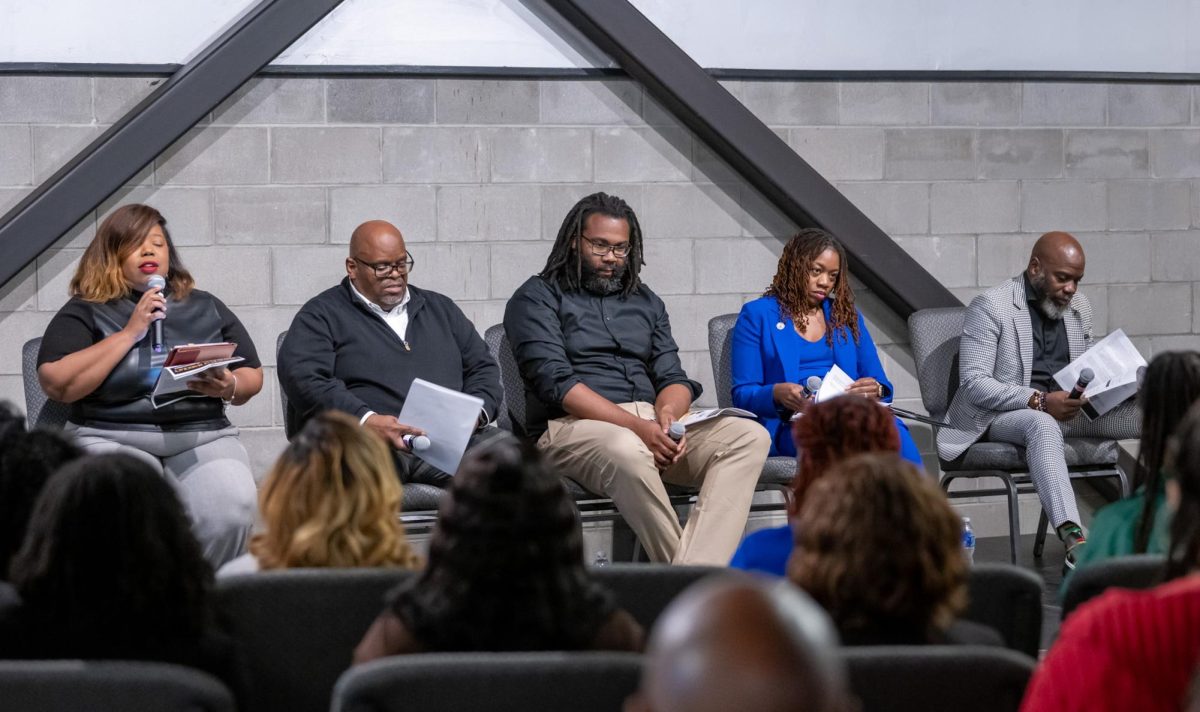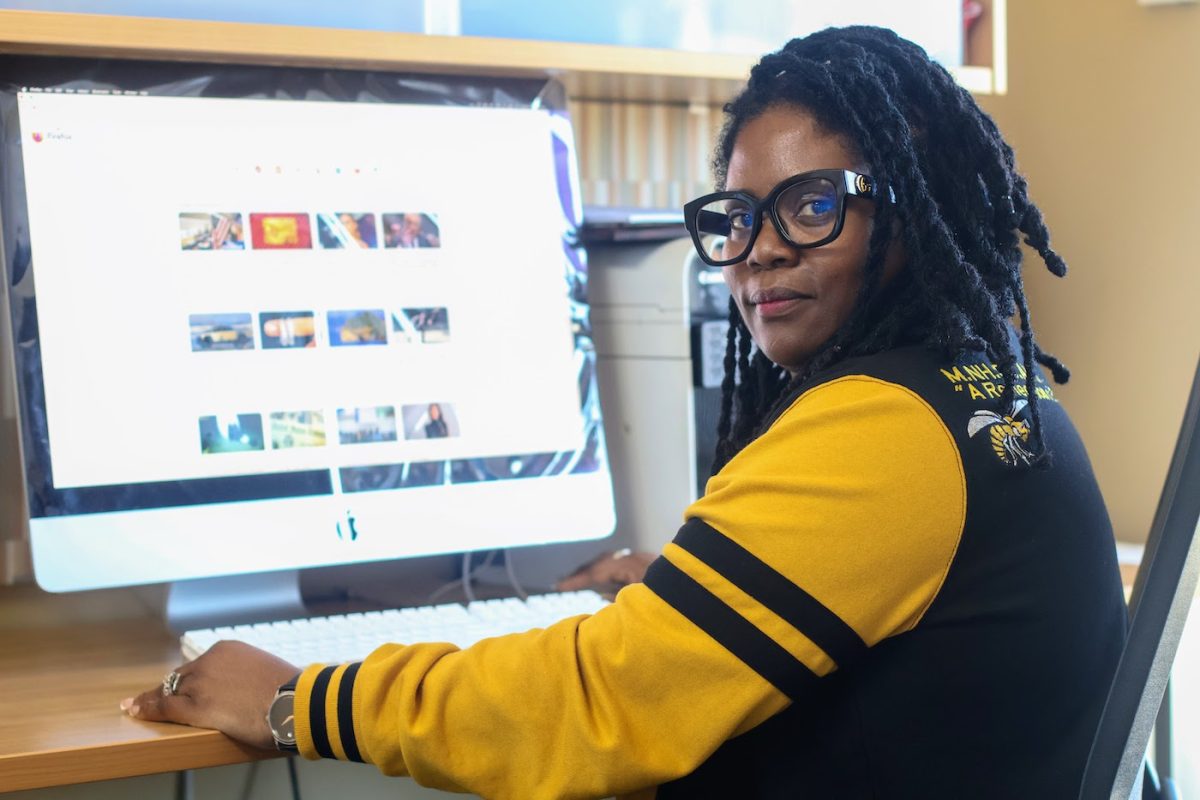The history of any institution is woven by the threads of its community. Alabama State University, a historically Black university with a long legacy of academic excellence, activism and empowerment is no exception.
One of those institutional pillars that have played a significant role in the university’s legacy is The Hornet Tribune, the university’s official student-run and student-operated newspaper. Its history, contributions, and evolution make it a significant part of the university’s historical fabric and identity.
Founded as a student publication in 1922, originally named the State Normal School Record, The Hornet Tribune has long been a voice for the student body for more than 100 years. This particular medium served as the first recorded effort by Black students to publish a newspaper at a historically Black college. It is the oldest student activity and organization on this campus.
It is the first historically Black college or university newspaper to be granted membership in the oldest honorary journalism organization in the nation – the Society for Collegiate Journalists. Any member of Hornet Nation can see how decorated this newspaper has become over the years by simply walking into the Student Life complex. There is a whole wall full of awards that were earned by students who were members of this prestigious medium.
Its importance lies not only in its role as a campus newspaper but also in how it serves as a reflection of the university’s history and triumphs. The Hornet Tribune has been significant in documenting critical moments. From student activism during the Civil Rights Movement to the celebration of academic achievements and social progress. As a historically Black institution, it has been at the center of the struggle for civil rights and educational equity. During these moments of tension and change, The Hornet Tribune has offered a platform for student voices, which advocated for equality and justice and served as a forum for discourse.
In times when mainstream media may have misrepresented or falsely told the experiences of Black students on this campus, The Hornet Tribune was there to ensure their stories were told accurately and with dignity.
The Hornet Tribune staff does not misidentify or misrepresent itself for a story. The staff operates under official journalistic values—meaning that, the staff aims to report accurate information. The staff does not plagiarize or pay for interviews, and is one of the organizations on this campus that takes its code of conduct seriously.
The Hornet Tribune plays a critical role in preserving the heritage of the university by documenting the milestones in the university’s history. From presidential inaugurations to campus expansions and changes in leadership. It serves as a living archive of the university’s evolution over time. This archival role is important because institutional memory contributes to a sense of continuity within the Black academic community, ensuring that our history will never be forgotten.
Beyond its historical importance, The Hornet Tribune has always been a source for amplifying student voices. By serving as a platform where students can publish their work, express their opinions, and engage in journalistic practices, it stands as an outlet to discuss a variety of topics like national politics and social justice to local campus concerns. Students can orally complain and express themselves about the university repeatedly for an extensive amount of time with no solutions to follow. But once issues like student housing, academic policies and mental health are amplified on this platform, action tends to follow.
The Hornet Tribune fosters a culture of intellectual curiosity and critical thinking on campus. For many students, such as myself, working at the newspaper offers first-hand exposure to professional writing, editing, and reporting. This experience often helps to develop future leaders, journalists and advocates.
The Hornet Tribune is a great opportunity for students to obtain experience in their field of study while being on campus. It also offers experiences that take us beyond the campus. The Hornet Tribune has allowed me, a senior communications major, to be in new and major rooms comfortably because of the indispensable training and knowledge I have gained from working in the newsroom.
As with all traditional media outlets, The Hornet Tribune has had to adapt to the changing landscape of journalism. The rise of digital media and the decline of print publications have posed challenges, yet we, The Hornet Tribune, have continued to evolve with the times. We continue to embrace digital platforms and expand our reach beyond the printed page. This adaptability is critical to maintaining the relevance of the newspaper in the modern era, especially since it has become difficult to get people to read.
Another key aspect of The Hornet Tribune’s significance lies in its commitment to representation in newsrooms. Many newsrooms still lag behind demographic realities. The Hornet Tribune plays an essential role in training Black student journalists who can bring much-needed perspectives to the media landscape. This role is especially important given our mission at the university is to empower Black voices.
The Hornet Tribune is not just a newspaper, it is a vital thread in the rich tapestry of the university’s history. I believe The Hornet Tribune will undoubtedly remain an essential and pivotal part of the university’s identity.
Categories:
A pillar of tradition in Alabama State University’s history
Ashonti Shaw, Editor-in-Chief
August 24, 2024
Ashonti Shaw is the editor-in-chief of The Hornet Tribune. She is a 23-year-old senior from Benton Harbor, Michigan who plans to major in communications studies and hopes to one day become a communications specialist.
Story continues below advertisement
0
More to Discover












